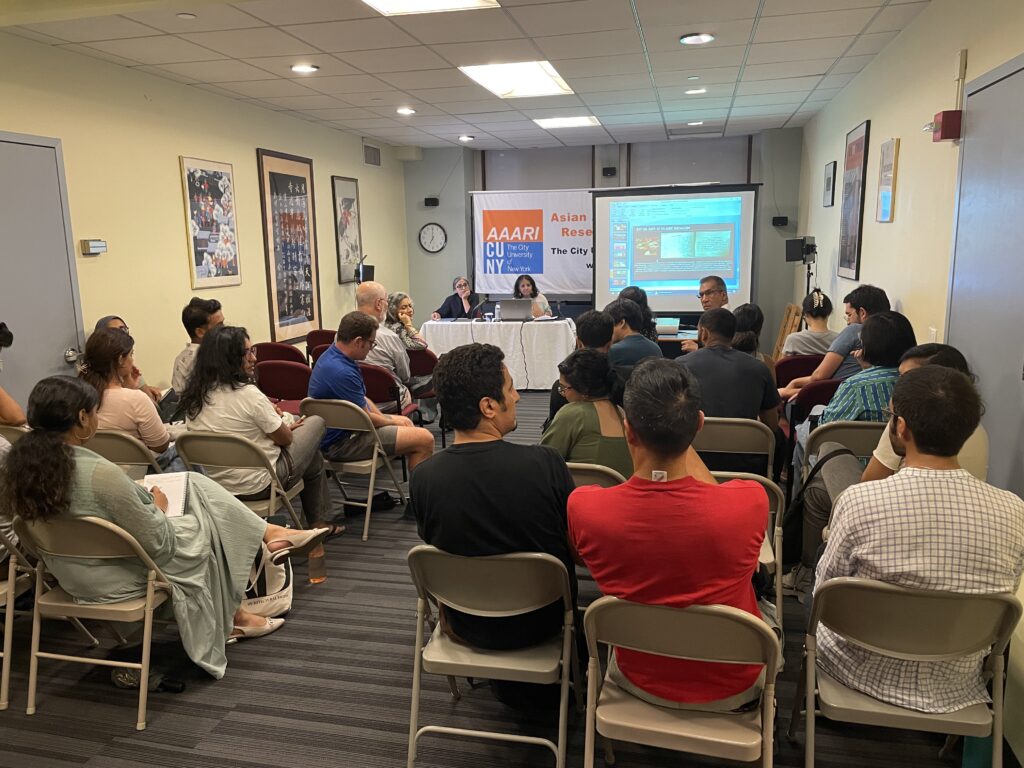Friday, September 8, 2023 | 6pm to 7:30pm
25 West 43rd Street, 10th Floor, Room 1000
between 5th & 6th Avenues, Manhattan
Video Not Available for This Lecture

1969 was a climactic year for global uprisings against imperialism. Some of the most militant resistance came from within Third World countries, driven by ideas of self-determination, freedom and Afro-Asian futures. One of the few successful uprisings occurred in Pakistan, leading to the eventual downfall of President Ayub Khan. This paper by Dr. Layli Uddin explores the emergence of a Third World Islamic Socialism, articulated by Maulana Bhashani (1880-1976), a venerated peasant-worker leader, politician and Sufi saint. Employing Martha Harnecker’s idea of ‘revolutionary inventiveness,’ Dr. Uddin argues that Bhashani creatively brought Islam and Marxism together to create a new politics of resistance in Pakistan, and reconceptualized Islamic ideas and traditions of ummah, hajj, and bay’ah to advocate for Third World unity, anti-imperialism and solidarity.
The evolution in Bhashani’s politics emerges from his encounter with ‘Black Maoism’ during his 1963 trip to China, role as editor of militant Maoist magazine ‘Revolution,’ and attendance at the 1966 Tricontinental Conference. Employing a range of archives, including memoirs, photos, Cuban and Chinese newspapers, Uddin’s paper reconstructs Bhashani’s travels and networks across Afro-Asian world in the 1960s. This paper demonstrates the emergence of a different understanding of decolonization across the Third World in the 1960s in contrast to Bandung politics, and the development of a progressive anti-imperialist Islam in South Asia.
Co-Sponsor
Center for Place, Culture & Politics – CUNY Graduate Center
